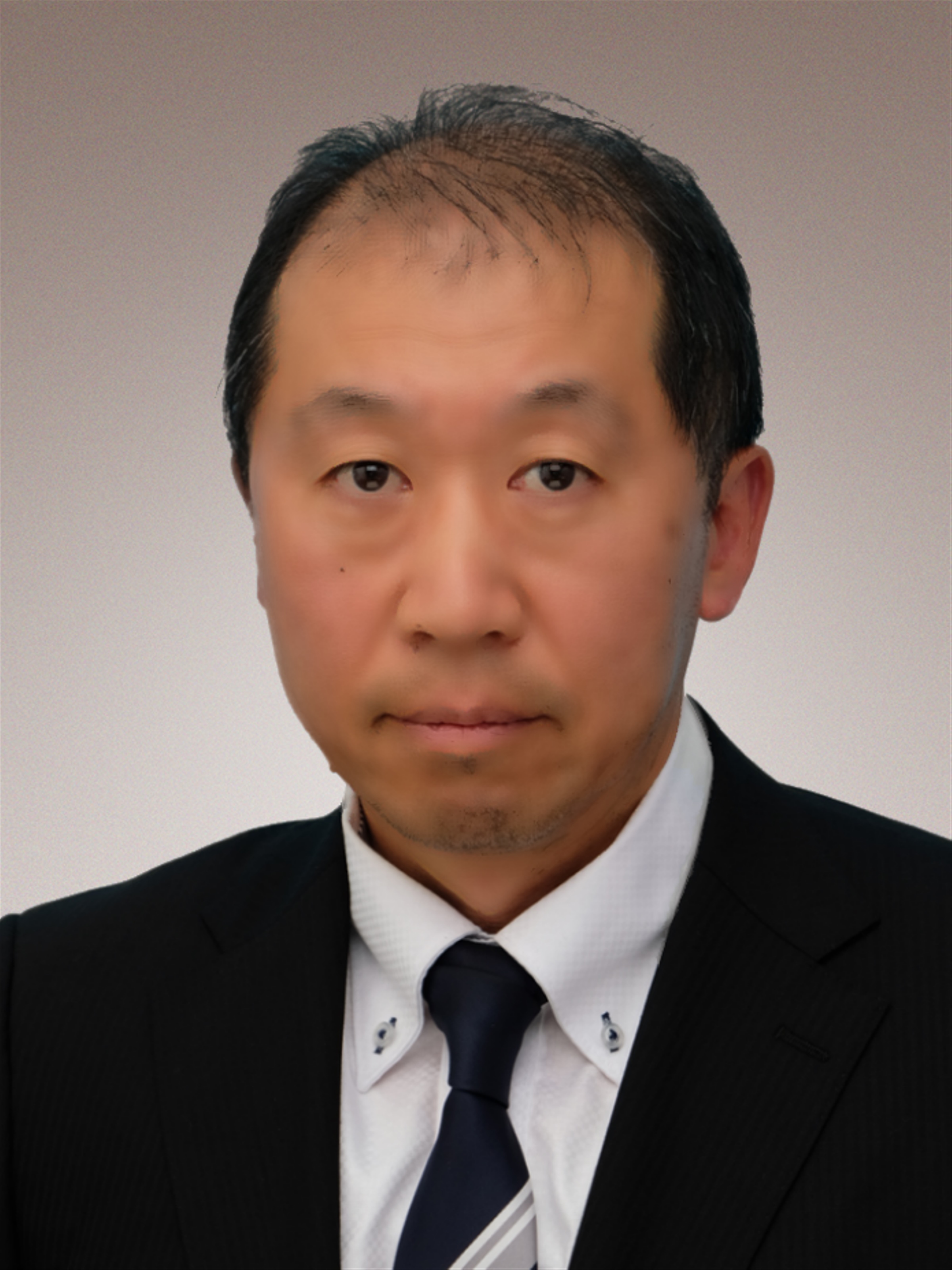Message from the President
- HOME
- About the Japan Landslide Society
- Message from the President
Past and Future Roles of the Japan Landslide Society
President of Japan Landslide Society
Dr. Shiho Asano,
Director of International Strategy Division, Forestry and Forest Products Research Institute
 I am Dr. Asano of the Forestry and Forest Products Research Institute (FFPRI), and I was nominated as the 21st President of the Japan Landslide Society (JLS) at the Board of Directors meeting held on June 9, 2024.
I am Dr. Asano of the Forestry and Forest Products Research Institute (FFPRI), and I was nominated as the 21st President of the Japan Landslide Society (JLS) at the Board of Directors meeting held on June 9, 2024.
I would like to greet you as the new president of JLS.
I feel the role of president is a heavy responsibility when I look back on the achievements of past presidents. I would like to make great efforts toward JLS’s development and the realization of safety and security for society. This will not be possible without your cooperation. I would like to ask for your support in achieving that goal.
In Japan, the Landslide etc. Prevention Act (Act No. 30 of 1958) was implemented, and landslide prevention projects have been implemented in many areas. In 1963, the Landslide Study Group was established, which has now become the Japan Landslide Society (JLS). This year marks the 61th year since its establishment.
JLS has conducted a great deal of research and development related to landslides. JLS is a public interest incorporated association and is expected to contribute to society based on the results of its research and development, especially in realizing the safety and security of society against landslide-related disasters.
The following was written in the introduction to the first issue of “Landslide,” published in 1964. Japan is one of the countries in the world with the highest number of landslide disasters. Landslide disasters cause enormous economic losses. It is important that the diverse researchers in fields such as science, engineering and agriculture and the like gather at the landslide site to discuss the issues, and their research will evolve by exchanging each other’s strengths and compensating for each other’s weaknesses. By exchanging the unique and superior knowledge of each of the public agencies involved in the countermeasure work, technological progress can be expected. These are things that we are still aware of at JLS today, and I am impressed that they have not changed since its establishment.
The progress of science and technology in recent year has been remarkable. For example, in survey technology, advanced information technologies are now available, such as big-data accumulation, high-resolution digital data, remote monitoring by satellite, ICT technology and generative AI. These need to be actively incorporated into research and development. JLS is also actively working along new technologies, for example, by organizing the “JLS BIM/CIM Network.”
Many research results have improved the level of landslide prevention technology. Conversely, there are many landslides that are difficult to be mitigated with conventional methods, such as landslides that occur simultaneously due to extreme weather phenomena such as earthquakes, heavy rain related to climate change and landslides that occur suddenly and without any weather phenomena as a precursor. These issues require the research and development of new schemes for disaster prevention that are feasible because conventional methods are not sufficient. In order to promote research on these new issues, JLS conducts various activities such as study committees on individual themes, field excursion to actual landslide site, and discussion meetings. These results of activities are disseminated to society.
For the advancement of science, the participation of academic societies’ members is essential to the vitality of society’s activities. Historically, academic societies originated as scientific communities of researchers. That community is guaranteed to be free and equal in science. Science has developed based on free and equal discussion.
In particular, the study of landslides is a borderline science between various academic fields. This makes it a very exciting and interesting discipline where researchers with different backgrounds can continue to discuss the subject from multiple perspectives. For this reason, we encourage you to participate in the activities of JLS, the landslide science community. We would like to provide you with events and programs that will promote the discussion of landslides.